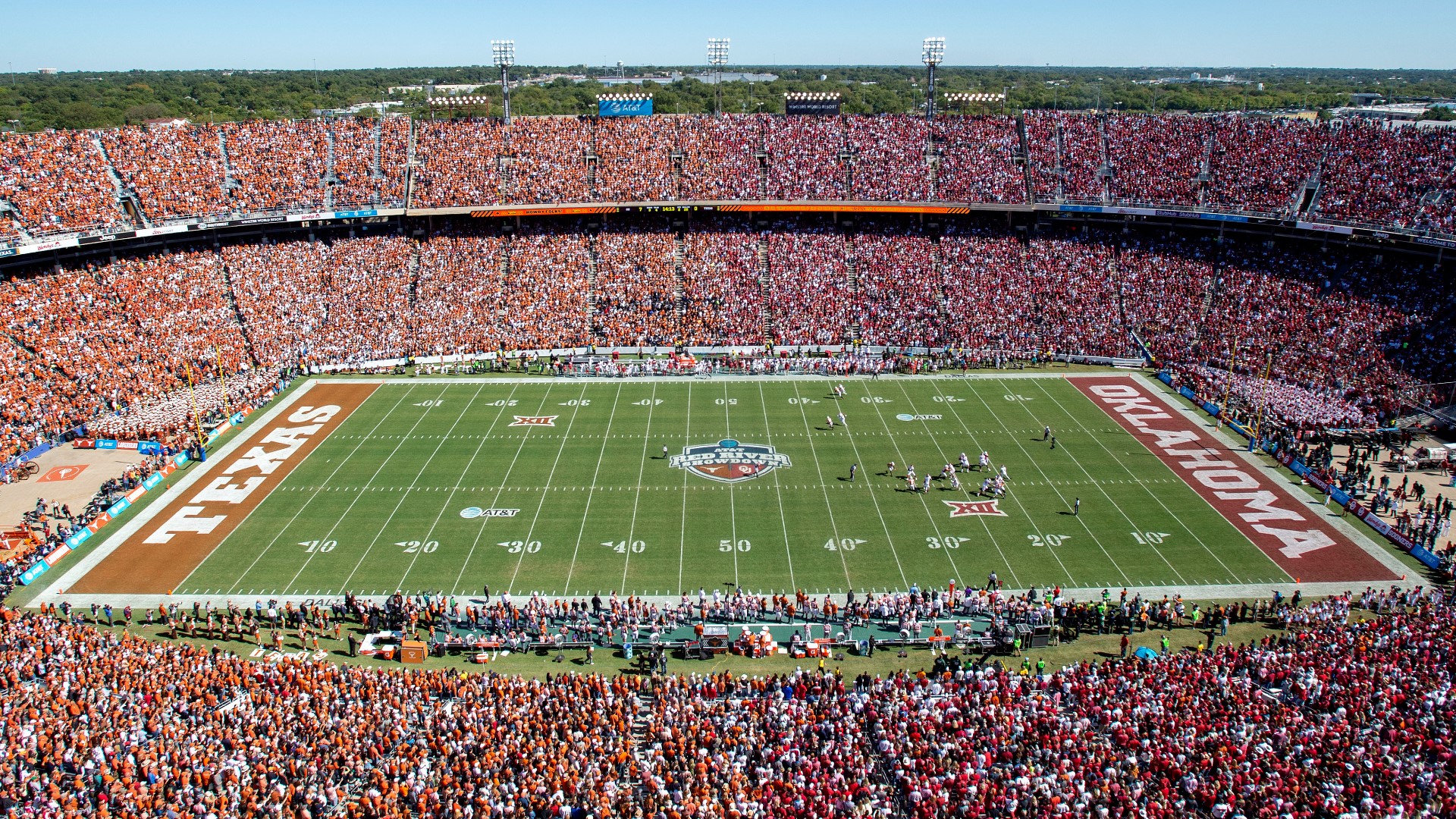Let me preface what I’m about to say by first stating that Nick Saban is the GOAT.
From his 11 SEC championships and 7 National Championships to his sheer dominance of the SEC with a 120-18 conference record, there will never be another like him. Saban built his entire football legacy on the merit of relentless recruiting of the high school ranks, superior coaching and player development, and diligent preparedness.
That said, the landscape of college football is changing rapidly. From the transfer portal and NIL, to imminent conference realignment and playoff expansion, the current state of the sport is not the same one upon which Saban built his empire. With each change to the framework of college football during Saban’s career came more parity among the teams and a more difficult path to both conference and national championships.
As a result, Saban’s blueprint for dominance became less effective.
That’s why I don’t believe that Nick Saban would have built his legacy and the Alabama empire had he coached the entirety of his career during the portal/NIL frenzy, an expanded SEC, and a 12-team playoff format.
During the BCS era of football, Saban earned 4 of his 7 national championships, 1 with LSU in ‘03/04 and 3 with Alabama in ‘09/10, ‘11/12, and ‘12/13. It took him 3 seasons at each school to win his first national championship. So, if you give him a 2 season cushion at each location to build the program into a national contender (which is fair for most coaches), he had 6 viable seasons in the BCS era where his team was capable of winning a National Championship and did so 4 times.
A 67% success rate is insane and the very definition of dominance. Saban’s blueprint was clear: win the west, win the SEC championship game, go to the BCS title game and win. The amount of hurdles and competitors were far less than today. Not an easy path by any means, but one that was fairly straight forward to navigate. It didn’t hurt that he was significantly out recruiting everyone, and there was little that could be done by his competitors to narrow the talent gap.
But look at what happened once the foundation of college football shifted: the playoffs were introduced and the transfer portal/NIL emerged - 2 key elements in creating parity and a more convoluted path to a national championship.
In 2014 when the playoffs came into existence and the BCS was abolished, Alabama was already an established and elite program deeply rooted on the national scene. However, over the 10 year course of the 4-team playoff , Saban won only 3 championships . A 30% success rate. Still an impressive feat, but compared to the standard he set in the BCS era, this was a less dominant stretch of his career due to growing equality between the teams.
“Oh, but he made it to the playoffs some of those other seasons.” Name me the runner-up in any sport’s championship over the last 10 years. You can’t. Because no one cares about the runner-up. What makes any great coach truly great are the championships won not playoff appearances. Would any of us consider Tom Brady the GOAT if he made it to 7 super bowls and only won 3. Probably not…winning is what matters.
Things got even less impressive for Saban once the portal started in 2018. Since its inception, he won 1 national championship and participated sparsely in the portal madness. This doesn’t mean that he didn’t use the portal, but in its 6 years of existence, with Saban at the helm, Alabama saw only 17 players commit to them while over 50 players departed. They landed a few key players in the portal, but most of the 17 players contributed marginally at their prior school and were developed into stars by Saban himself.
This reluctance to participate in the portal suggests that he believed in his BCS era blueprint of recruiting the high school level and developing his own talent…..not poaching it from another program. Even when he had the opportunity to buy into this new system, he chose to stick to his way of assembling his teams.
I’m not suggesting that what Saban accomplished wasn’t impressive. It was and he will forever be remembered as the GOAT of college football as he accomplished what many others couldn’t. What I am suggesting, though, is as he faced changes in his career meant to equalize the playing field, his design for building highly successful rosters and accumulating championships became less effective with each change as the talent gap narrowed.
Doesn’t it stand to reason, then, that as even more changes are about to take place to both football as a whole with the 12-team playoff and to the SEC with the addition of Texas and Oklahoma as well as the eradication of the East & West, had Nick Saban started his coaching career in this era, he would be good but not great?
Maybe he would have shifted his approach dramatically, bought into the new system and built his legacy regardless. But it’s hard to look past how the changing landscape of college football affected his career and the implications that the new changes to college football and to the SEC would have had on his empire being constructed.









